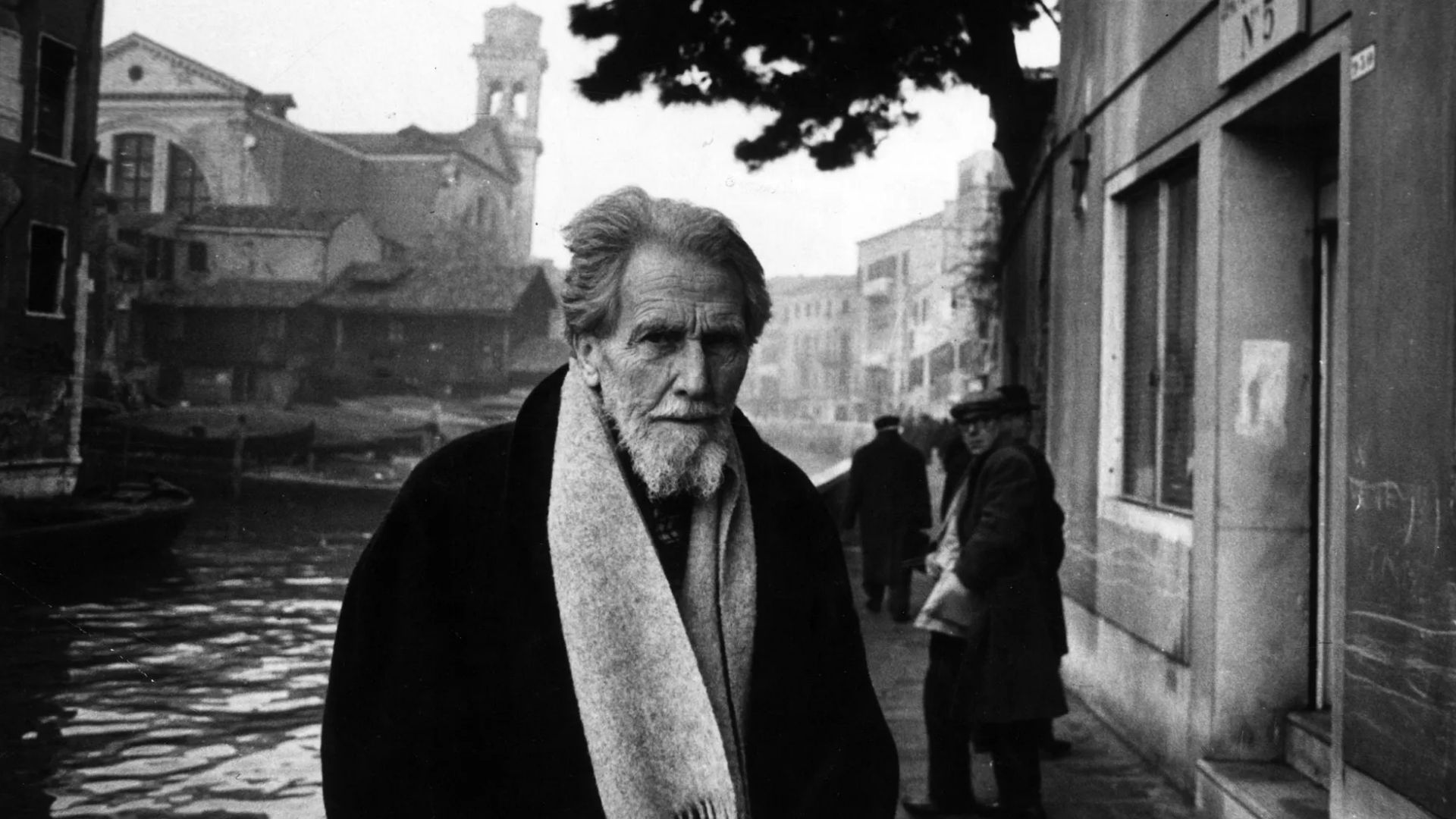Thursday, October 29, 2015
Canto XXXVI Comments
Rating: ★4.5
A Lady asks me
I speak in season
She seeks reason for an affect, wild often
That is so proud he hath Love for a name
...
Read full text

Canto XXXVI opens with a translation of Cavalcanti's canzone Donna mi pregha (A lady asks me) . This poem, a lyric meditation of the nature and philosophy of love, was a touchstone text for Pound. He saw it as an example of the post-Montsegur survival of the Provençal tradition of clear song, precision of thought and language, and nonconformity of belief. The canto then closes with the figure of the 9th-century Irish philosopher and poet John Scotus Eriugena, who was an influence on the Cathars and whose writings were condemned as heretical in both the 11th and 13th centuries.